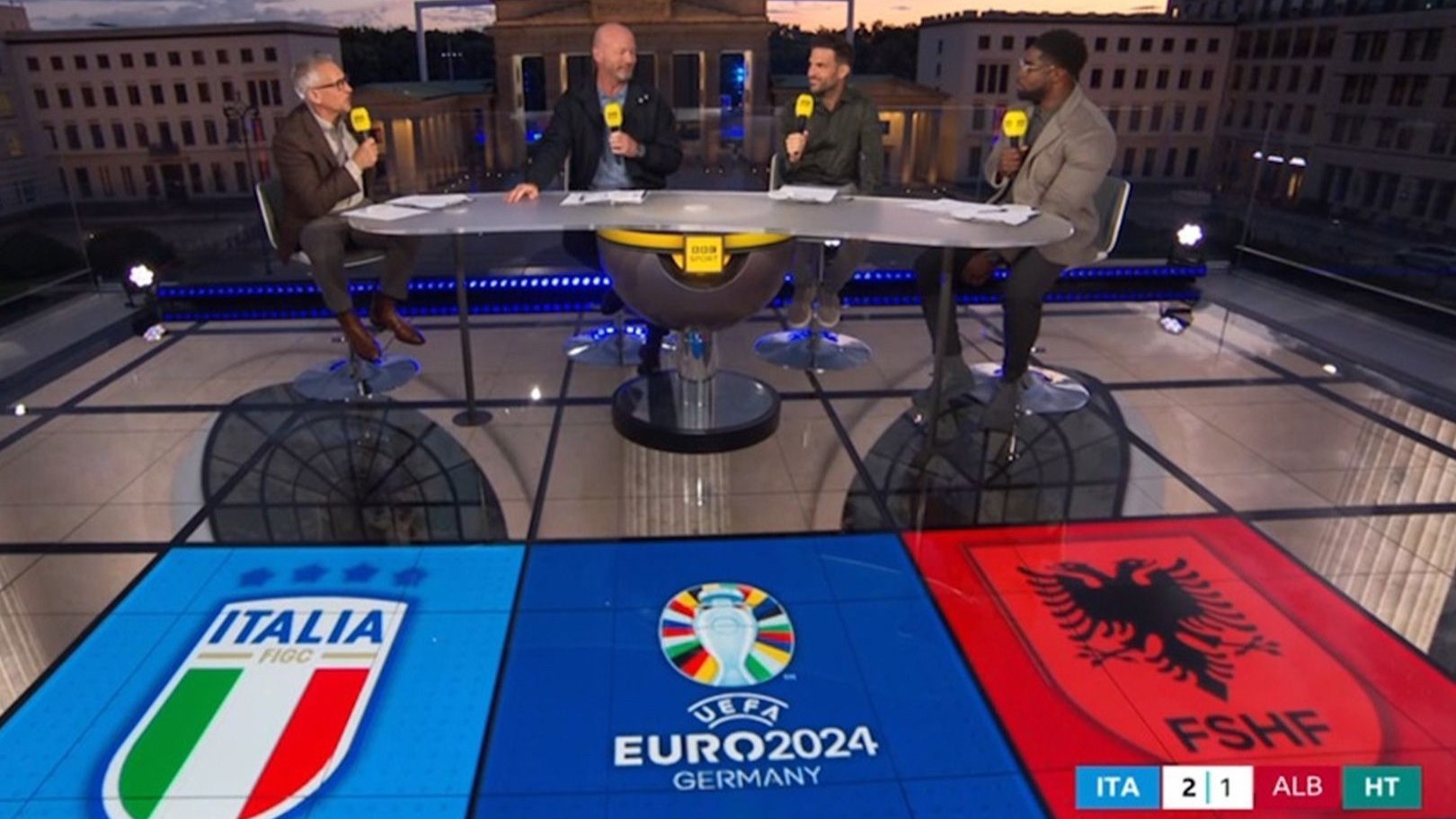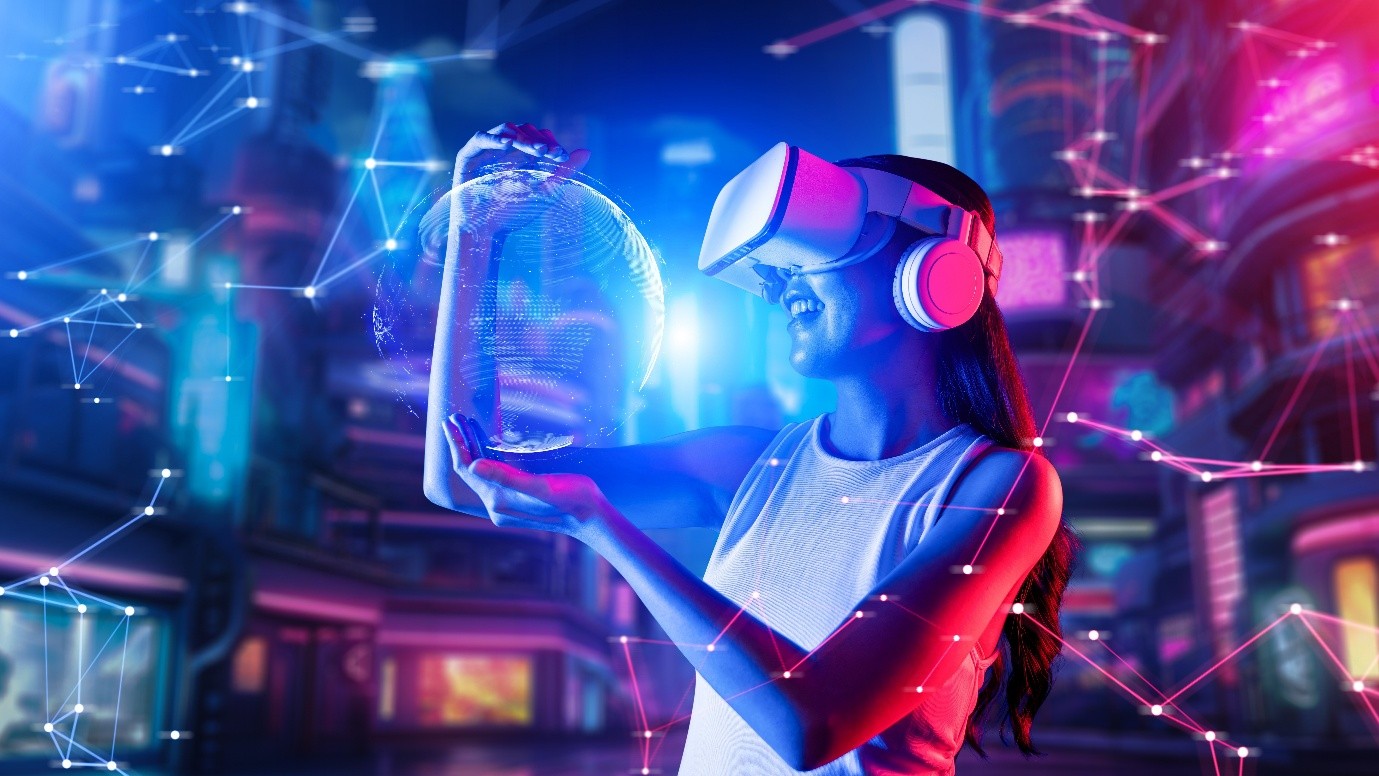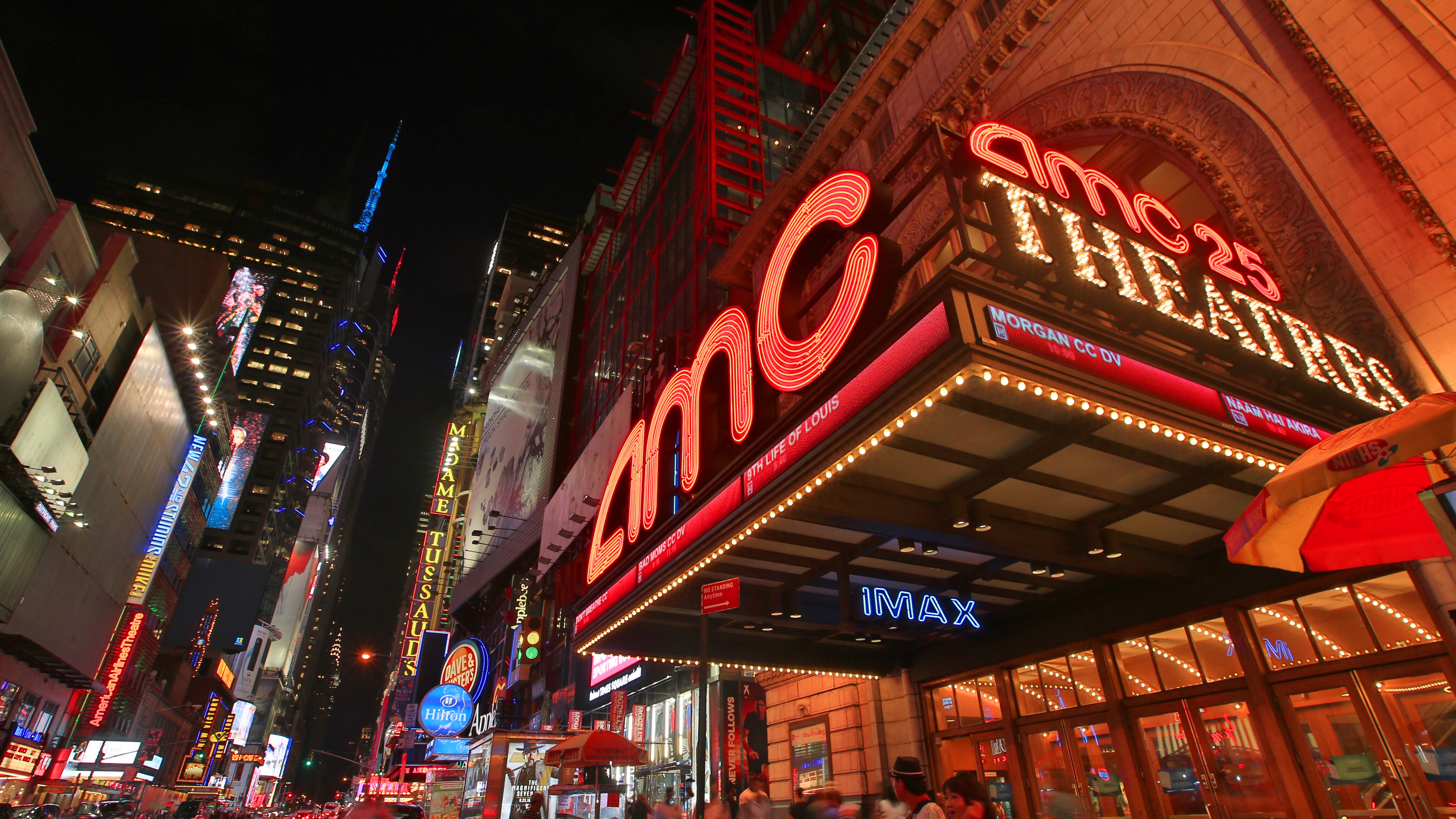BBC showcases innovative XR studios while sustainable thinking is at the heart of ITV’s remote operations from Germany.
More than 10 million viewers watched ITV’s live and exclusive Euro 2024 kick-off match between Germany and Scotland - the highest peak for a UK audience of any opening to a major football tournament since the 2014 World Cup in Brazil.
ITV will be hoping for more of the same from the tournament’s knockout rounds, where it has the first three picks, plus the fifth and seventh picks from the ‘round of 16’ ties, the second and fourth quarter-final picks, and first pick of the semis.
The broadcaster splits the rights to this and the next UEFA Euros in 2028 (hosted in the UK and Ireland) equally with the BBC, until...
You are not signed in.
Only registered users can view this article.
 10 (1).jpg)
OTT evolution: Shifting business models, monetisation and personalisation
Over the past two decades, the over‐the‐top (OTT) industry has undergone a remarkable transformation from a niche experiment to a multi‐billion‐dollar ecosystem, writes John Maxwell-Hobbs.
.jpg)
AI through the looking glass: Digital natives
When it comes to AI, the M&E industry should take a more active interest in the views of its young people if it wants them to remain part of it, writes James McKeown.

NAB preview: Agentic AI poised to steal the show
New imaging technologies, AI creative mates and wrestlers await visitors to Las Vegas while America’s free press is under attack.

Inside virtual production’s latest processing and toolset innovations
Advances in GPU capability and algorithms are among the developments allowing ‘more to be done with less’ as virtual production technology and techniques continue to evolve, writes David Davies.

Content Everywhere: Getting (more) personal in the AI era
Content Everywhere companies cite service personalisation as an area in which artificial intelligence (AI) and data will play an increasingly transformative role in the highly competitive streaming market.



/Source - shutterstock_2464837145 (1).jpg)
